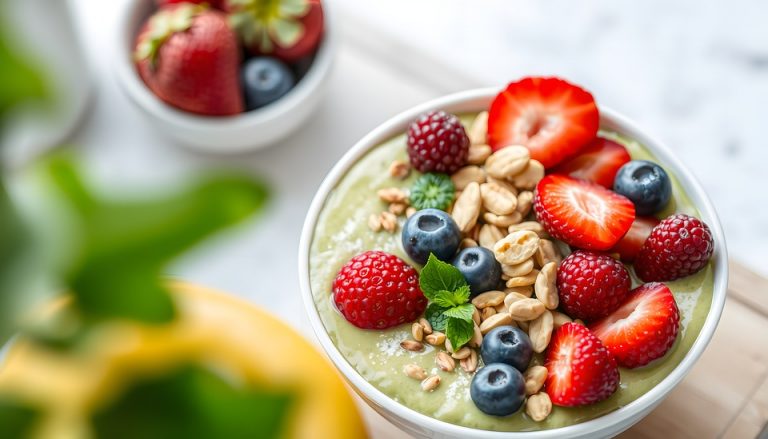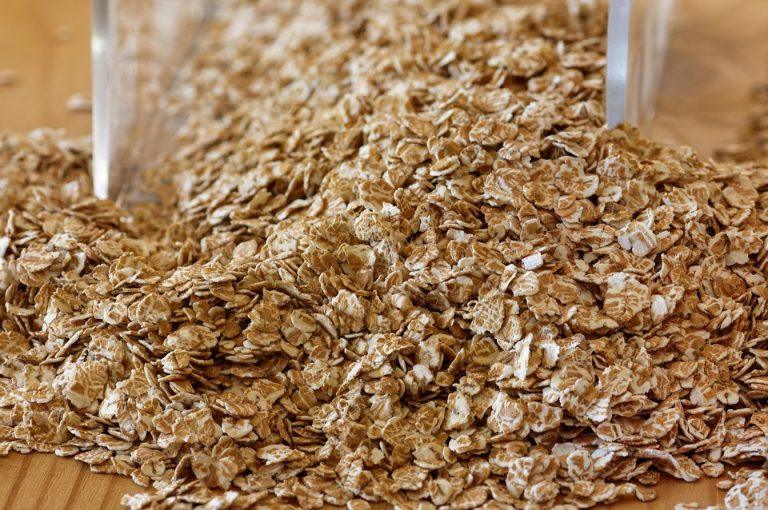Have you ever found yourself tossing and turning, staring at the ceiling, and wishing for a magic potion to help you drift off to sleep? You’re not alone. Sleep troubles are more common than you might think, and many of us are on the hunt for natural solutions. One surprising avenue? The spices in your pantry. Yes, certain spices can not only enhance your meals but also promote restful sleep. Let’s dive into five spices that might just help you catch those elusive Z’s.
Contents
1. Chamomile: The Classic Sleep Aid
Chamomile is probably the most well-known herb associated with sleep. You’ve likely sipped on chamomile tea before bed, and for good reason. Chamomile contains apigenin, an antioxidant that binds to certain receptors in your brain, promoting sleepiness and reducing insomnia.
How to Use It:
- Tea: Brew a cup of chamomile tea about 30 minutes before bedtime.
- Infused Milk: Add chamomile to warm milk for a soothing bedtime drink.
Pros and Cons:
- Pros: Natural, widely available, and generally safe for most people.
- Cons: Some individuals may experience allergies or interactions with blood thinners.
Personal Note:
I’ve found that sipping chamomile tea while reading helps me unwind. It’s like a gentle signal to my body that it’s time to chill out.
2. Lavender: Aroma Therapy for Sleep
Lavender isn’t just a pretty flower; it’s also a powerful sleep-promoting spice. Research shows that the scent of lavender can help improve sleep quality and reduce anxiety.
How to Use It:
- Essential Oil: Diffuse lavender essential oil in your bedroom.
- Herbal Pillow: Make a sachet filled with dried lavender flowers and place it under your pillow.
Pros and Cons:
- Pros: Natural and easy to incorporate into your bedtime routine.
- Cons: The scent may be too strong for some, and essential oils should be diluted before skin application.
Fun Fact:
I once gifted a friend a lavender pillow sachet, and she swears it’s changed her sleep game. Who knew a little flower could have such a big impact?
3. Valerian Root: The Sleepytime Herb
Valerian root has been used for centuries as a natural remedy for insomnia. It’s known for its sedative properties, which can help ease the mind and promote restful sleep.
How to Use It:
- Tea: Brew valerian root tea and drink it about an hour before bed.
- Supplement: Available in capsule form, but consult a healthcare provider first.
Pros and Cons:
- Pros: Effective for many people and can be a good alternative to over-the-counter sleep aids.
- Cons: It may take several days to see effects, and some report a groggy feeling the next day.
Caution:
I’ve tried valerian root tea a few times, and while it did help me relax, I noticed I had to be careful about timing—too close to morning, and I felt a bit foggy.
4. Cinnamon: The Sweet Sleep Spice
Cinnamon isn’t just for your morning coffee; it can also support better sleep. It helps regulate blood sugar levels, which can prevent those pesky nighttime awakenings caused by hunger or energy spikes.
How to Use It:
- Sprinkle: Add cinnamon to your evening oatmeal or yogurt.
- Tea: Brew cinnamon tea or add it to chamomile tea for an extra kick.
Pros and Cons:
- Pros: Delicious and versatile, making it easy to incorporate into your diet.
- Cons: Too much cinnamon can lead to digestive issues, so moderation is key.
Sweet Tip:
I love adding a dash of cinnamon to my nighttime smoothie. It not only tastes great but also helps me feel satisfied and ready for sleep.
5. Turmeric: The Golden Spice for Sleep
Turmeric, known for its anti-inflammatory properties, may also play a role in promoting restful sleep. Curcumin, the active ingredient in turmeric, has been linked to improved sleep quality in some studies.
How to Use It:
- Golden Milk: Make a soothing golden milk by mixing turmeric with warm milk and a bit of honey.
- Curry Dishes: Incorporate turmeric into your meals, especially those rich in healthy fats.
Pros and Cons:
- Pros: Packed with health benefits beyond sleep and easy to use in cooking.
- Cons: Some people may experience stomach upset, and it may interact with certain medications.
A Personal Favorite:
I’ve recently started making golden milk before bed, and it has quickly become my favorite nighttime ritual. It’s warm, comforting, and feels like a hug in a cup.
FAQs
1. Can I mix these spices together?
Absolutely! Many of these spices can complement each other. For instance, a chamomile-lavender tea blend can be incredibly soothing.
2. How long before bed should I take these spices?
Aim to consume them about 30-60 minutes before bedtime to give your body time to wind down.
3. Are there any side effects?
While most spices are safe, some individuals may experience allergies or digestive issues. It’s always best to start with small amounts.
4. What if I’m on medication?
Consult your healthcare provider before adding new spices or supplements to your routine, especially if you’re on medication.
Conclusion
Navigating the world of sleep can feel overwhelming, but incorporating these five spices into your evening routine could be a simple yet effective solution. Whether you choose the calming effects of chamomile, the aromatic embrace of lavender, or the golden warmth of turmeric, you’re taking a step toward better sleep.
And let’s be real: a good night’s sleep is a game-changer. It affects everything from your mood to your productivity. So, why not give these spices a shot? Who knows? You might just find your new bedtime besties.
Remember, though, that while these spices can help, they’re not a cure-all. Sleep issues can be complex, and if you’re struggling, it’s always a good idea to consult a healthcare provider.
This article is for educational purposes only and is not a substitute for professional medical advice. Always consult a qualified healthcare provider before making changes to your health routine.
References
-
Choi, T. Y., Lee, M. S., Lee, H., Lee, H. K., Shin, B. C., & Ernst, E. (2015). The effectiveness of chamomile on sleep quality among patients with insomnia: a systematic review and meta-analysis. Journal of Clinical Sleep Medicine, 11(9), 1053-1060. https://doi.org/10.5664/jcsm.4970
-
Goel, N., & Basu, A. (2013). Lavender aroma and sleep: A systematic review. Journal of Alternative and Complementary Medicine, 19(4), 303-308. https://doi.org/10.1089/acm.2012.0228
-
Dyer, J. (2016). Valerian root: A natural remedy for insomnia. Cleveland Clinic Health Essentials. Retrieved from https://health.clevelandclinic.org/valerian-root-a-natural-remedy-for-insomnia/
-
Stough, C., Downey, L. A., Lloyd, J., & Downey, A. (2012). The effect of cinnamon on cognitive function. Nutritional Neuroscience, 15(6), 298-302. https://doi.org/10.1179/1476830512Y.0000000003
-
Hewlings, S. J., & Kalman, D. S. (2017). Curcumin: A review of its effects on human health. Foods, 6(10), 92. https://doi.org/10.3390/foods6100092
Get Your FREE Natural Health Guide!
Subscribe now and receive our exclusive ebook packed with natural health tips, practical wellness advice, and easy lifestyle changes, delivered straight to your inbox.




